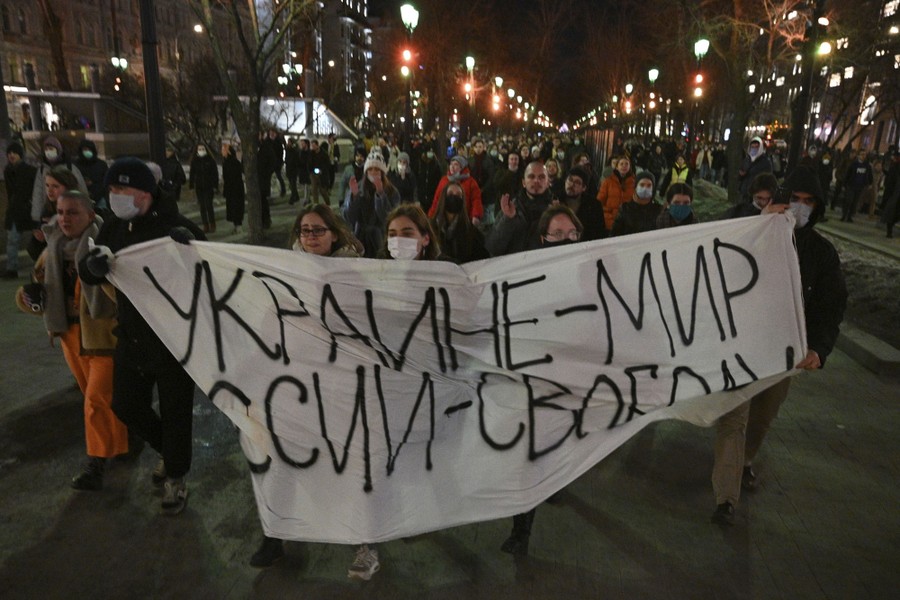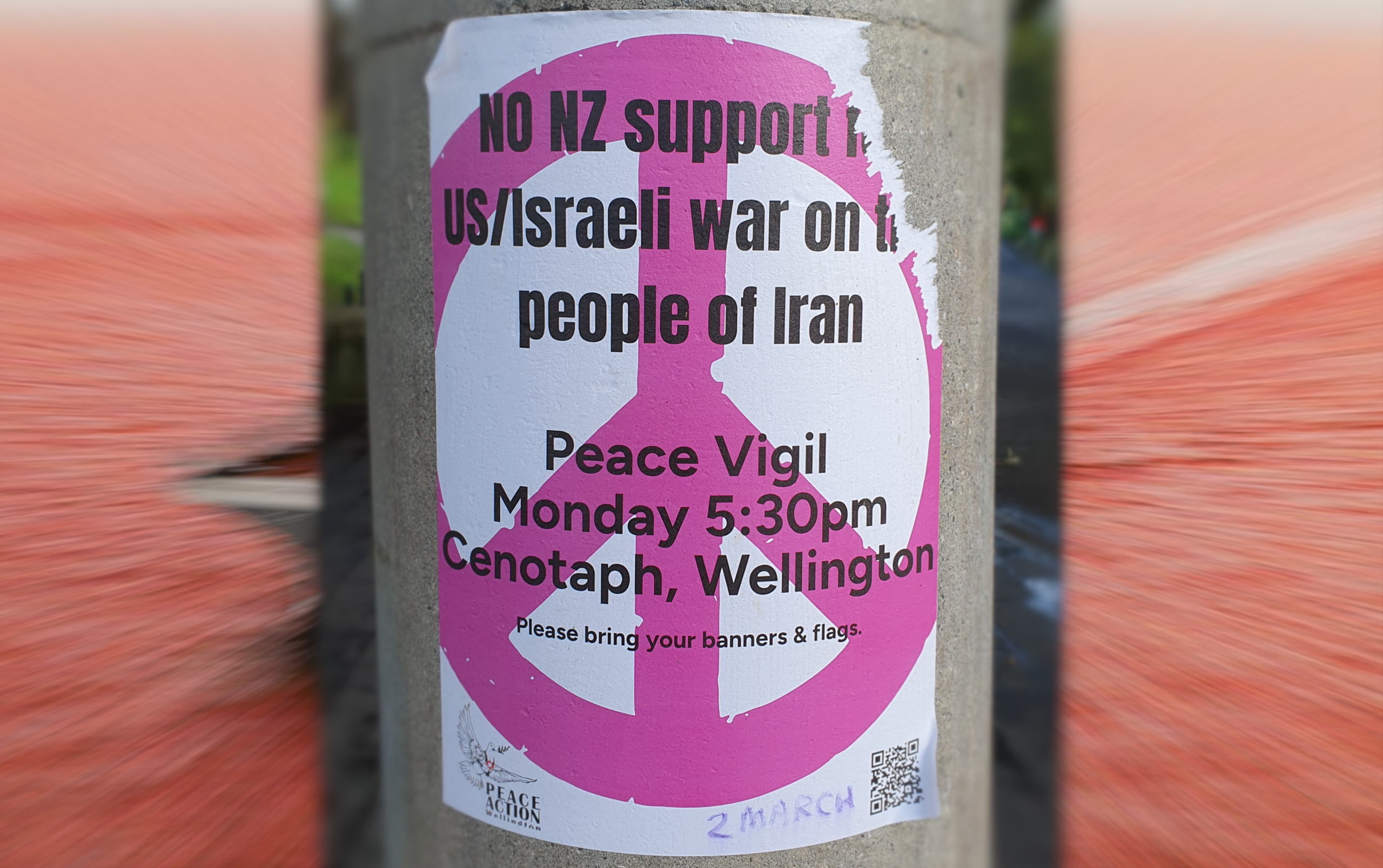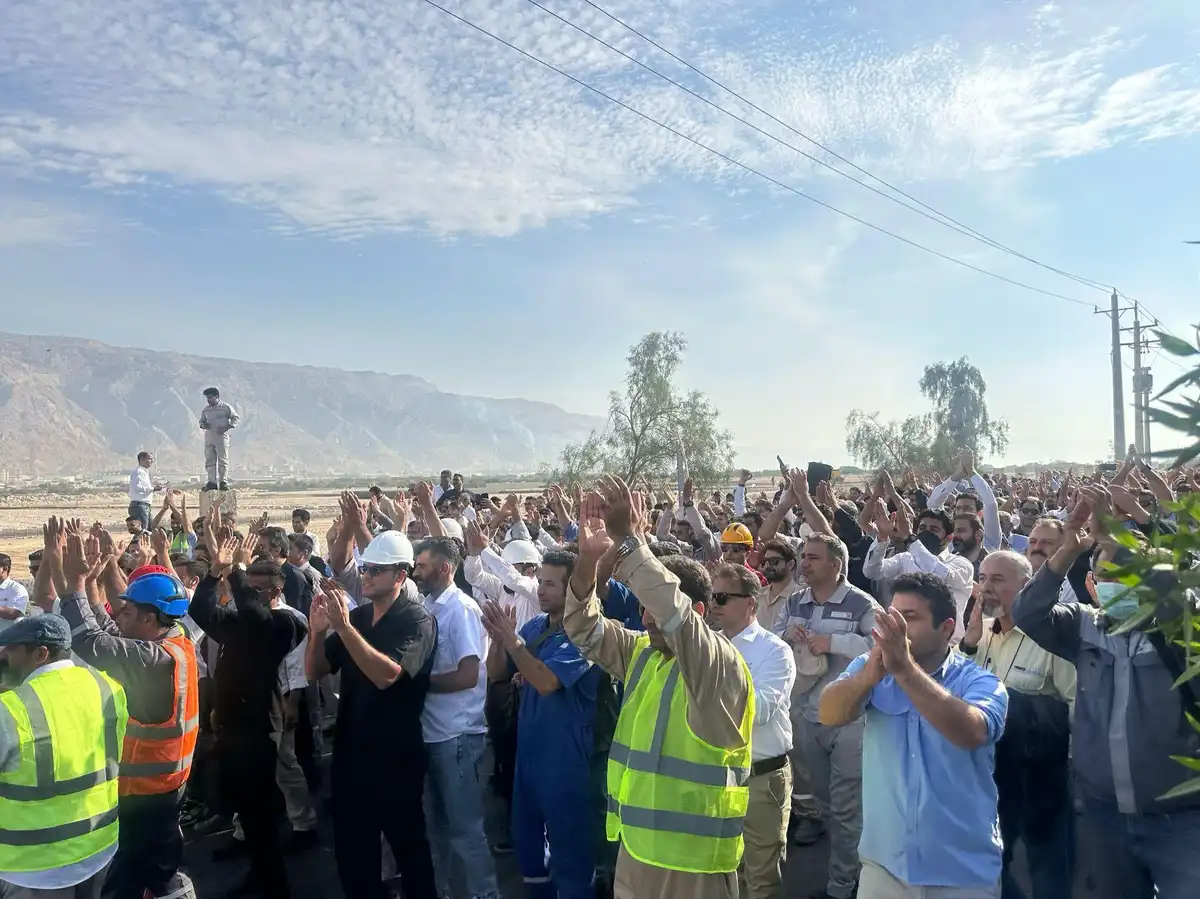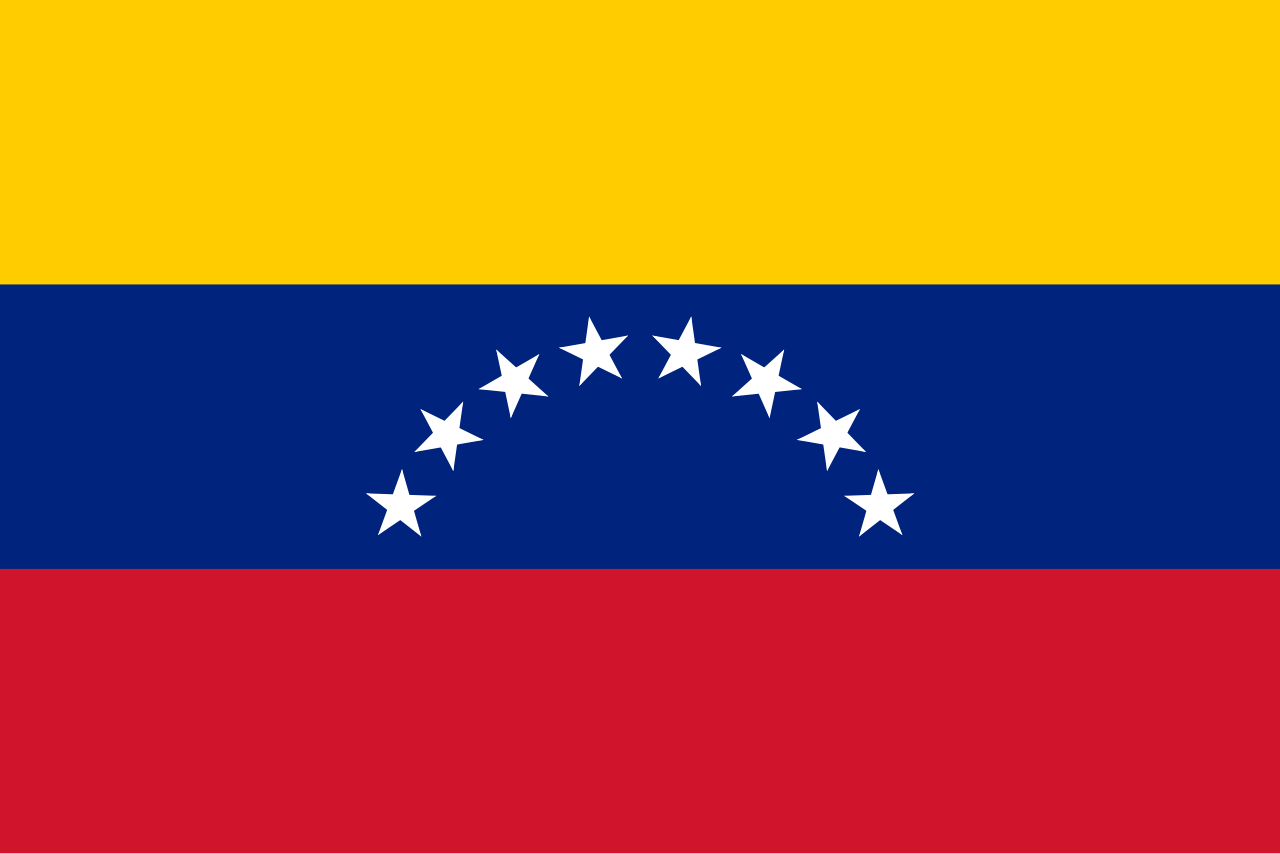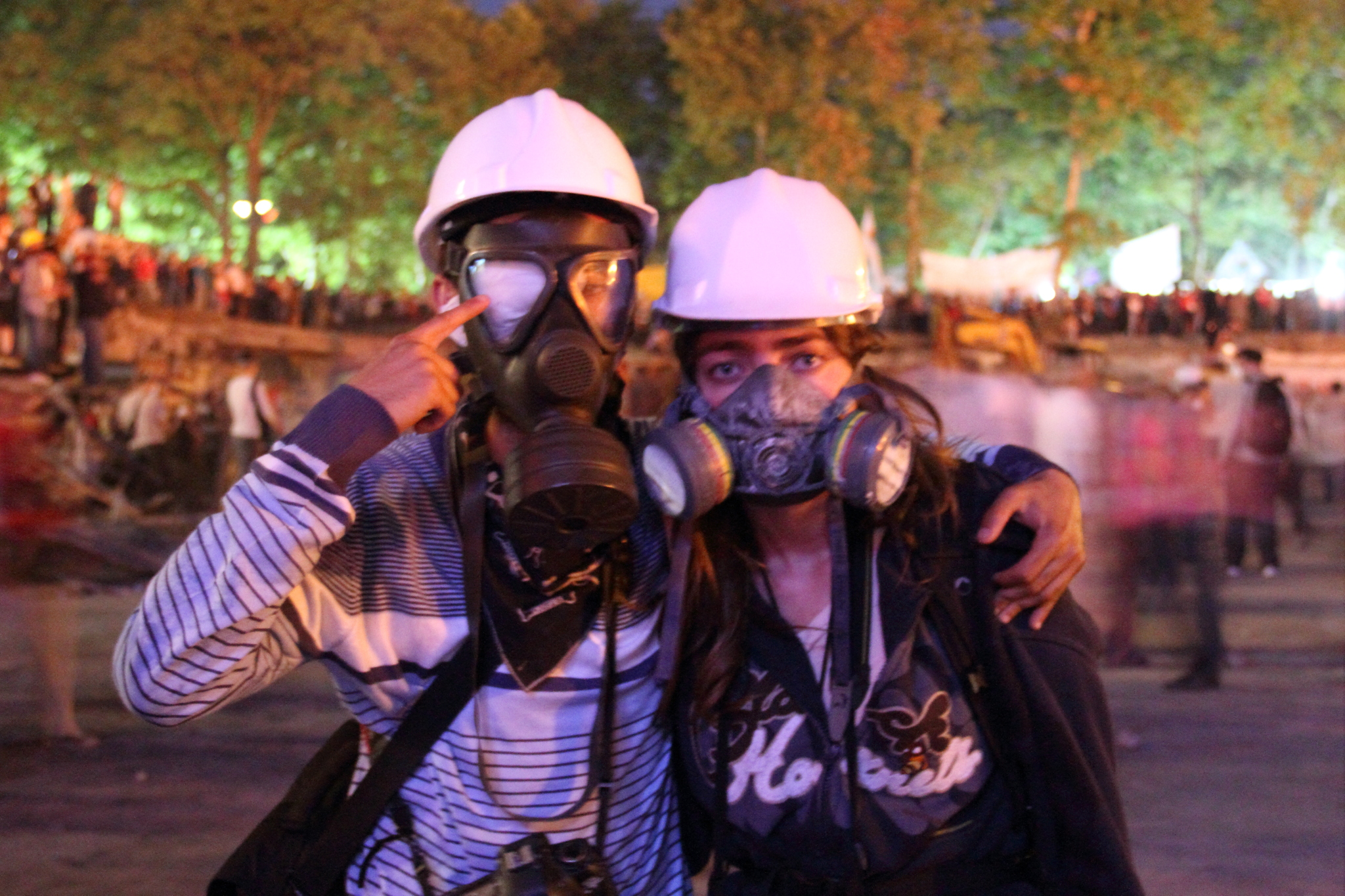Speech given to the Pōneke branch of the International Socialist Organisation, 8 March 2022.
On the 24th of February, Russian President Vladimir Putin announced what he called a “special military operation” in Ukraine. Russian troops, who had been massing on Ukraine’s borders since December last year, crossed over and invaded Ukraine, first into areas of the Donbas region that was claimed by Russian-sponsored separatists, and then into the rest of the country. Before ground troops launched their assault, major cities and population centres such as the Black Sea port of Mariupol, and cities such as Kherson, Kharkiv and the capital Kyiv came under deadly missile and artillery bombardment. Since then troops have continued to advance, but their pace has stalled in several places as they have met intense resistance. Multiple attempts at a cease-fire, or at minimum the creation of humanitarian corridors have failed as Putin is directs his forces to push on with their assault.
This invasion has set off the largest refugee and humanitarian crisis in Europe since the Second World War. In less than two weeks, more than 2 million people have fled their homes into neighbouring Poland, Slovakia, Hungary, Romania and Moldova; and that number is growing every day. The situation is worsening rapidly, and accurate numbers of casualties are difficult to come by, but UN reports on Sunday – three days ago – record that at least 351 civilians have been killed and a further 707 have been wounded, acknowledging that these numbers are likely to be a massive under-estimate, due to the difficulty in obtaining reliable data. No reliable figures for casualties amongst combatants have been published by either the Ukrainian armed forces or the Russian military, but are likely to number in the thousands, perhaps even tens of thousands, and are rising every hour.
Immediately after the invasion began, it was condemned by people around the world. Since February 24, tens of thousands have marched and picketed in cities across Europe, to condemn the war and express their solidarity with the Ukrainian people, including a 100,000 strong march in Berlin. Not least of all, resistance to the war erupted immediately across Russia, where more than 10,000 people have been arrested for heroically demonstrating against war and against Putin’s authoritarian regime. Anti-war protests in New Zealand have occurred in Auckland, Wellington and Christchurch – demonstrations in Christchurch notably being organised jointly between the Ukrainian and Russian communities there. Workers in Aotearoa are adding their voices as well, with the Rail and Maritime Transport Union of New Zealand announcing that its members were delivering letters of protest to the captains of Russian-flagged vessels.
In Ukraine itself, resistance to the invasion was immediate and popular – putting the lie to Putin’s claims that the government is a far-right clique that exploits its people. Thousands of Ukrainians have volunteered to assist with the defense of their country in every way possible, from taking up arms and manufacturing home-made weapons, to other acts of resistance such as assisting in the removal of markers used for targeting by missiles and saboteurs, and covering street-signs to confuse and slow the invaders. Heroically, even unarmed civilians have gathered to oppose the advance of Russian troops through the streets of their cities and towns, physically confronting Russian columns to slow – or even reverse – their advance.
While Russia’s invasion was swiftly condemned by ordinary people across the globe, the response of the world’s elites has been more mixed. Western capitalist classes, who are locked in economic and military rivalry with Russia, were quick to condemn the invasion, and rapidly escalated economic sanctions designed to isolate Putin’s regime – removing Russian access to the SWIFT system used to speed up international transfers between banks, freezing the assets of Russian nationals and suspending business relations with Russia. New Zealand has been part and parcel of this, just yesterday fast-tracking a law change that will enable New Zealand to implement its own sanctions.
Beyond Western nations, the world’s ruling classes are divided. Russia and its allies have used their influence in the United Nations to block the resolutions of Western nations in the UN, with Putin referring to the sanctions as being “akin to declaring war.” While Russia’s direct support has been somewhat limited, major powers such as India and China have not voted against Russia; and China even collaborated with Russia on the timing of the invasion, so as not to embarrass the Chinese regime during the hosting of the Winter Olympics.
Socialists such as ourselves should stand unequivocally with the people of Ukraine and against Russia’s war machine. We stand for a world free from war and oppression where the resources of society are used for the benefit of all – regardless of nationality, ethnicity or race. In doing so, we stand for the freedom of nations that have been historically oppressed, and subjugated to the rule of others.
Ukraine is one such nation. For hundreds of years, the Ukrainian nation has been divided up and subjected to the rule of various empires – including the Polish and Austro-Hungarian empires, but principally the Russian Empire. Brought under Russian domination in the 17th century, Ukraine was subjected to a process of Russification, in which Ukrainian language and cultural expression was first curtailed, and then outlawed, to shore up the rule of the Empire, which saw it as a rich source of resources. This process was repeated in the 20th century under Stalinism, when the rights of nations subjugated by the former Empire were again curtailed, and their economies redirected to service Russia’s. Those who stood for the freedom of oppressed nations within the Soviet Union were branded as traitors and sources of foreign influence.
The drive to expand Russia’s power and influence in the 21st century is what is behind Putin’s bloody invasion – just as it was behind the bombing of Chechnya in 1999, the invasion of Georgia in 2008, and previous Russian intervention in Ukraine in 2014. Against this, socialists stand for the rights of the Ukrainian people for freedom and independence from their former oppressors.
To be absolutely clear – I think this has to extend to the freedom granted to every genuine nation to determine its own foreign policy and security arrangements. Yes, I am aware that Ukraine, along with other nations formerly subject to Russia’s direct or indirect rule have sought admittance to the European Union and NATO alliance – organizations that socialists, including ourselves strongly oppose. But to deny the right of Ukraine to choose its own security arrangements and foreign policy is to make concessions to Russian imperialism. After all, we don’t precondition our support for Palestinians on neutrality towards Israel, and we didn’t oppose the invasion of Iraq only so far as the Iraqi government pursued a course acceptable to the US – why would we place similar conditions on our support for an independent Ukraine?
This isn’t to say that we are unaware of the very real, and imminent danger posed by imperialist rivalry between Western powers and Russia. Socialists shouldn’t support measures that would widen the conflict into one between the major powers – bombs falling on Warsaw, Prague or Oslo in no way assists the Ukrainian cause, and nuclear escalation risks catastrophe in Kyiv every bit as much as in Washington – perhaps even more so.
But even so, it is Ukraine’s right to independence – not great power rivalry – that directs our policy in response to the current conflict. I reject the idea that in order to oppose the imperial designs of the United States it is necessary to support the imperial pretensions of its rivals, such as Russia. That idea moves us further away from a free and democratic world, not closer.
I believe that we should respond to Western sanctions – including those about to be levied by our own country, in a similar vein. Personally, I’m inclined to support measures that inhibit the functioning of Putin’s war machine – but it can be questioned as to whether sanctions are an effective means of doing this, and whose purposes they are best servicing. In an increasingly multipolar world, it can already be questioned how effective at intimidating the Russian government they will generally be – it is hard to imagine that Putin didn’t foresee the likely sanctions, and plan to nullify them. Indeed, only yesterday he decreed that Russian debts abroad would be paid for in roubles.
And while I don’t really give a toss if some Russian millionaire of gas company has its assets frozen, I think we do also need to be cognizant of the collateral damage inflicted on ordinary people – many of whom have courageously stood up to Putin in the past few weeks. Our Maritime Union has importantly pointed out some of the effects sanctions may have on Russian crew members, who are unable to be paid and are often the sole breadwinners for their families. For their part, the Ukrainian government has emphasized that they are not the enemy of ordinary Russians, and have taken the most admirable measures to make good on this – including setting up a telephone number which Russian people can call to find information on the fate of servicemen in Ukraine.
This is genuine internationalism in action – and it gives us a glimpse at what a freer world looks like. That, as much as anything else, is why we as socialists – and all thinking, compassionate people – should stand against Putin’s criminal invasion. I want to repeat this, because I think it’s so critical: Ukraine deserves to be free – free to determine its own course, and its own future. A free Ukraine is part of a freer and more just world. We cannot do anything other than stand side by side with Ukraine.

